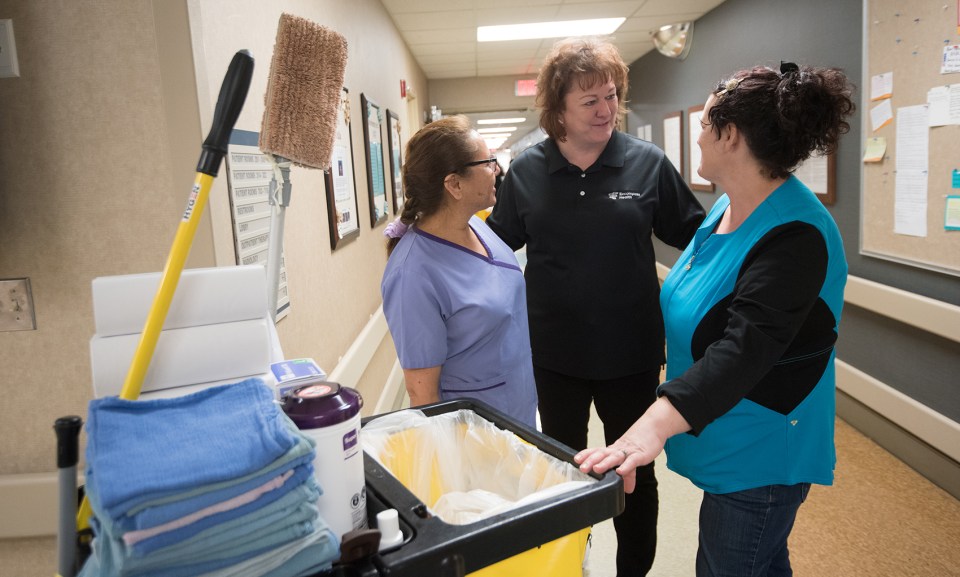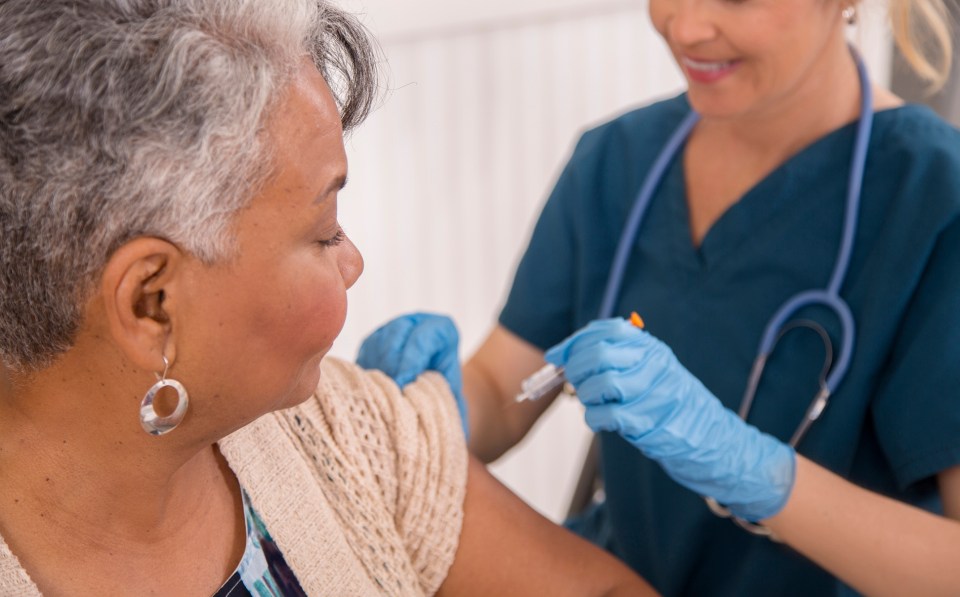Our patients, and their families, look to us to help them get better and return them to a normal life. Part of that is ensuring that your hospital is pest free.
Many years ago, I attended a conference for food safety and protection, when and where I don’t remember. However, what I do remember was a presentation from one of the feature presenters, Dr. Bobby Corrigan, a leading expert in rodentology … yes that’s a thing.
I remember how excited I was to hear him speak as his reputation had proceeded him. His presentation consisted of the different types of pests that we encounter on a day-in, day-out basis. Then he made this statement, one that as stuck with me over the years, he said, “Good sanitation is pest control.”
A good sanitation program must have a pest control plan integrated into its standard operating procedures. To do so requires the partnership with a Pest Control Operator (PCO).
Most, if not all, states require PCOs to be licensed, and undergo training on the types of pesticides they use and how/where to apply them. The days of having the “bug man” come in and spray are long gone. PCOs are also trained on proper pest identification, its behaviors and life cycles, and most importantly, correctly identifying a pest by the “evidence” it left behind.
Why is identification important you may ask? Well, unless you or one of your employees sees the pest (ex. mouse or roach) and can tell the PCO that, the only way to potentially identify the pest is the evidence, which will tell the PCO what pest left it behind.
When your PCO is at your hospital is performing a normal, routine site inspection, be involved in the inspection; ask questions, lots of questions! Start the conversation and allow them to share their knowledge with you. Knowing and understanding how a pest behaves will help you to better understand why pest control isn’t solely the PCO’s responsibility. It’s also yours. In fact, it’s primarily yours.
As I stated earlier, “Good sanitation is pest control.” It goes hand-in-hand with a good sanitation program, especially in areas where food is prepared, served and stored. That means an effective pest control program begins with you. Sweeping up food debris, wiping down food preparation surfaces, storing food off of the floor, proper cleaning and sanitizing are things that you will need to do on a daily basis to help prevent attracting pests.
PCOs will help you identify any pest(s) you may have and help you establish an effective plan on eliminating them. It could be simply as placing glue boards, tin cats or snap traps for mice, fly lights or vertical sticky surfaces for flies, and gel baits under/behind cabinets, kitchen equipment, refrigerators/freezers for roaches.
However, those are only “monitoring” tools to detect pest activity. Always follow the recommendations of your PCO, if an area is identified as a potential “entry site,” such as a hole in an exterior wall, worn weather stripping on a door, or a pipe entering the building that isn’t sealed, can lead to the potential of an unwanted pest entering your facility. It doesn’t take much for them to get into the hospital. Be proactive and get these areas addressed and corrected. Because once they get in, they don’t want to get out. You have to get them out!
Understand that all pests—all—carry some type of pathogen, a disease-carrying organism. Roaches carry Salmonella bacteria in their gut and on their body. And know there never is such a thing as “one roach.” Mice carry Hantavirus. Annually, mice and rats destroy billions of dollars of food and supplies. Flies carry millions of bacteria cells in and on their body. And when you see a fly rubbing its front two feet know that they’re not washing them!
View your PCO as a partner and not just someone who comes into your hospital with a flashlight leaving you with a “to-do” list. While they are there to do a job, they are also there to protect not only your hospital, but ultimately the patients and the families you serve.
The content of this site is for informational purposes only and should not be taken as professional medical advice. Always seek the advice of your physician or other qualified healthcare provider with any questions you may have regarding any medical conditions or treatments.




